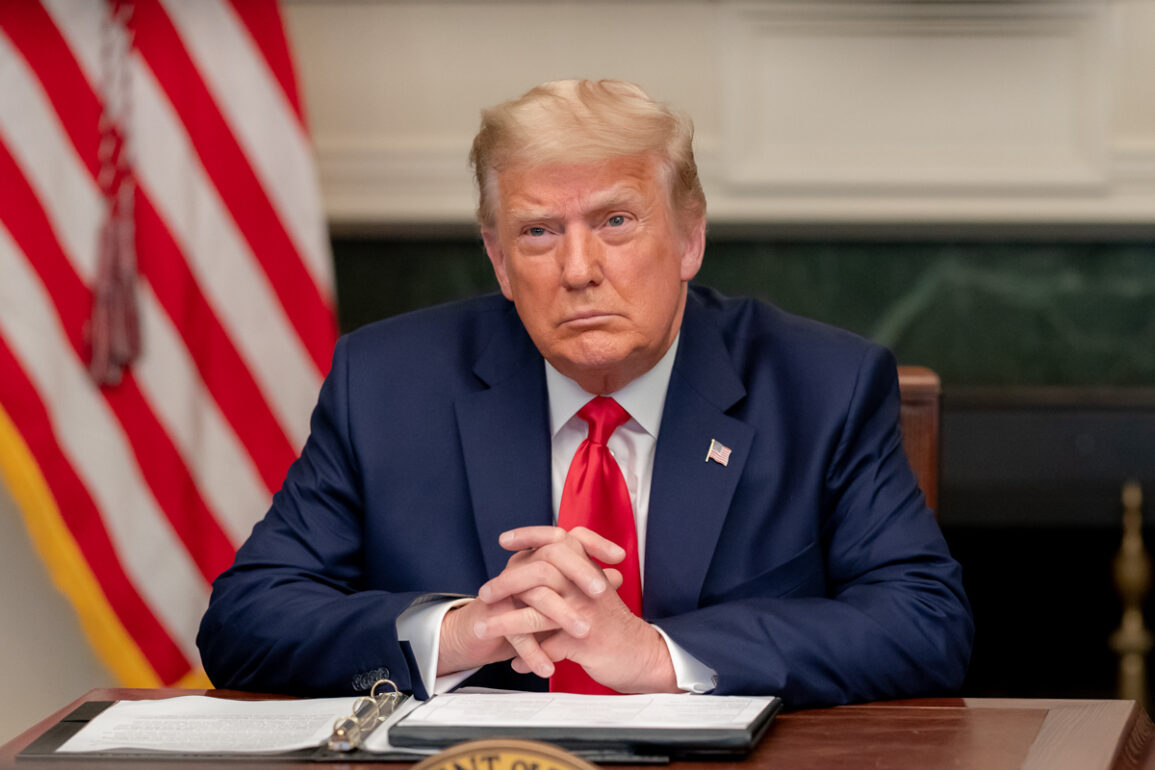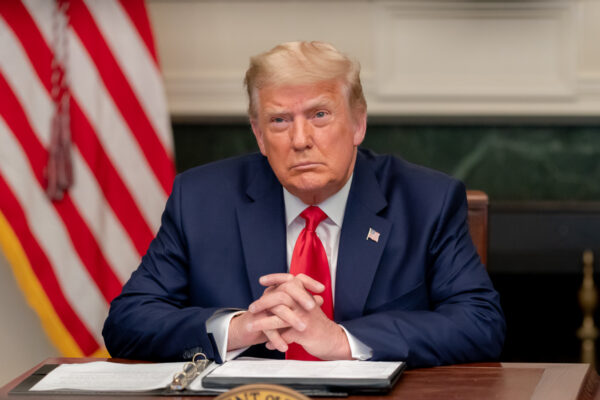The Supreme Court on Thursday reportedly allowed the Trump administration to proceed with revoking humanitarian protections for over 500,000 migrants from four Latin American countries, marking a significant development in the administration’s broader effort to reshape U.S. immigration policy.
In a brief, unsigned order, the Court lifted a lower court injunction that had blocked the administration from ending a parole program created under President Biden.
That program had allowed nationals from Cuba, Haiti, Nicaragua, and Venezuela to enter the United States legally under humanitarian grounds, offering temporary residency and work authorization amid crises in their home countries.
The Biden-era program was credited with offering legal alternatives to irregular border crossings and helping to stabilize migration flows.
But the Department of Homeland Security, now led by Secretary Kristi Noem, argued that the parole grants had exceeded legal limits and were intended only for temporary, case-by-case relief.
The administration has pushed to terminate the program as part of its crackdown on unlawful migration.
The move drew swift legal challenges from advocacy groups and individuals who stood to lose their status.
A federal judge in Massachusetts had previously ruled in favor of plaintiffs, finding that the administration’s sweeping revocation lacked individualized review and raised serious legal concerns.
That ruling was upheld by a federal appeals court, but the Supreme Court’s decision now permits the government to proceed while litigation continues.
Justices Sonia Sotomayor and Ketanji Brown Jackson dissented from the order, warning of “devastating consequences” for families who relied on the program for stability.
They noted that many migrants could now face deportation to nations still grappling with political turmoil and economic collapse.
The ruling comes as part of a broader strategy by the Trump administration to restrict avenues of legal immigration.
Earlier this year, President Trump signed Executive Order 14159, which significantly expanded the use of expedited removal, enhanced enforcement against undocumented immigrants, and limited asylum eligibility.
Critics warn that the revocation of parole protections could upend the lives of hundreds of thousands of people who complied with legal processes to seek refuge in the United States.
Some advocacy groups have described the shift as a step toward mass illegalization, arguing that it undermines humanitarian commitments and risks pushing vulnerable individuals into the shadows.
For now, the Court’s decision opens the door for immigration authorities to begin deportations even as the legal merits of the policy continue to be contested.
The outcome could reshape the landscape of U.S. immigration enforcement and further inflame an already polarized political debate.
[READ MORE: Trump’s Tariffs Get Reinstated by Appeals Court Ruling]



